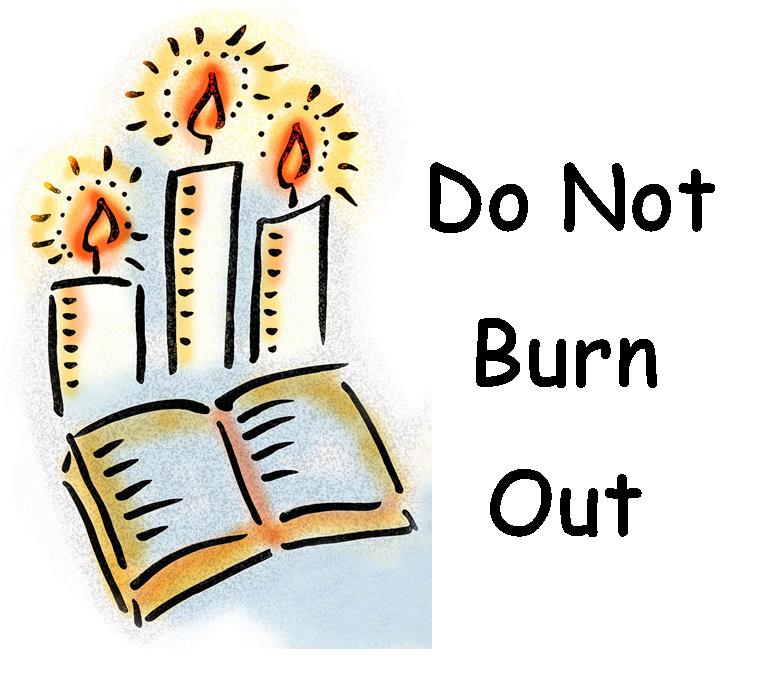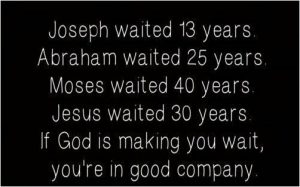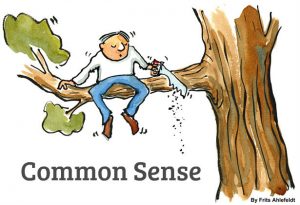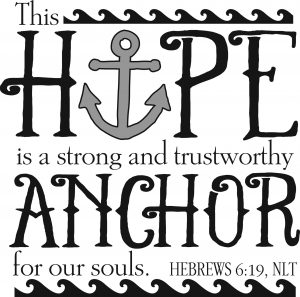Choices change our lives…
By Barbara Dahlgren

Most Christians want to serve but don’t know how to avoid spiritual burnout in the process. To be honest, I’m not sure I know how to avoid it either. At one time or another we all try to “work” our way to righteousness on the spiritual treadmill, desiring to reach some lofty vision we see as the ultimate Christian experience.
We must guard against becoming modern day Pharisees. “Work” oriented goals tend to make us feel just a little superior to others. Keeping a mental list of what we need to do to attain righteousness leaves us living more under law than grace. If we fall into the personal performance trap, it won’t be long before we run out of steam. Performing godly tasks on our own strength instead of God’s can lead to burn out. God’s flame is eternal and never burns out. Our feeble flame can definitely burn out.
Depression, stress, and burnout can have overlapping symptoms, but actually fall into three different categories. Depression is usually linked to a loss and a person’s lethargic inability to face life. Stress produces hyperactivity— emotions become overactive, and the person literally wears out and gets exhausted. But with burnout, there is a lack of motivation and drive – not because of a weakened, physical condition but because the will to do anything is gone. Ideals and hope are lost. There is no excitement about life. The joy in the journey is gone. In other words, “What’s the use?”
Can good, serving Christians suffer burnout? You better believe it! Burnout can be the result of too much service for the wrong motivation. So we must ask ourselves why we do what we do.
Are we trying to impress others? Many try to please others, seeking approval and fearing criticism. Therefore, they have trouble evaluating where their time is best spent or setting up boundaries. They can’t say “no” to others. When their efforts don’t reap the results they hoped, they get disheartened and discouraged. When they can’t live up to their own expectations or the expectations of others, they feel like failures. However, these are not God’s expectations.
Are we serving in an area that brings us joy? When we minister in areas that match our gifts and talents, we can feel as if we are meant to do this. Some are perfectly happy there, but others get tired of doing the same old thing and may decide to try another area of service – some new endeavor they feel excited about – something they want to learn. They hesitate, fearing others will not be supportive, so they don’t move on. Or worse, people guilt them into thinking if they don’t do their current job, no one will. However, God does not want us to serve out of guilt, but joy.
Are we working for God’s glory? We should be working for God’s glory – not ours – nor just for the good of others. We cannot be the spiritual nourishment for others. Needy people can drain us dry. While it might be fine to let someone lean on us for a short time, the ultimate goal is to get them to lean on God. We can’t do this for them. And if we are trying to do it for them, we are not doing it for God’s glory. We’ll be doing it on our own strength or steam. It’s better to rely on God’s strength and teach others to do the same.
Consider this… We can spend a lot of time and effort doing things for God He does not require us to do. Workaholic Christians rarely find time for the most important priority – relationship with the living God. Once a relationship develops, the motive of service becomes love, not obligation. It’s not how much we do that counts; it’s why we do what we do. We need to keep our eyes focused on Jesus (Hebrews 12:2). Our lives need to be God centered, not work oriented.
One final thought… Our flames are feeble, but God’s flame is eternal and never burns out.




















